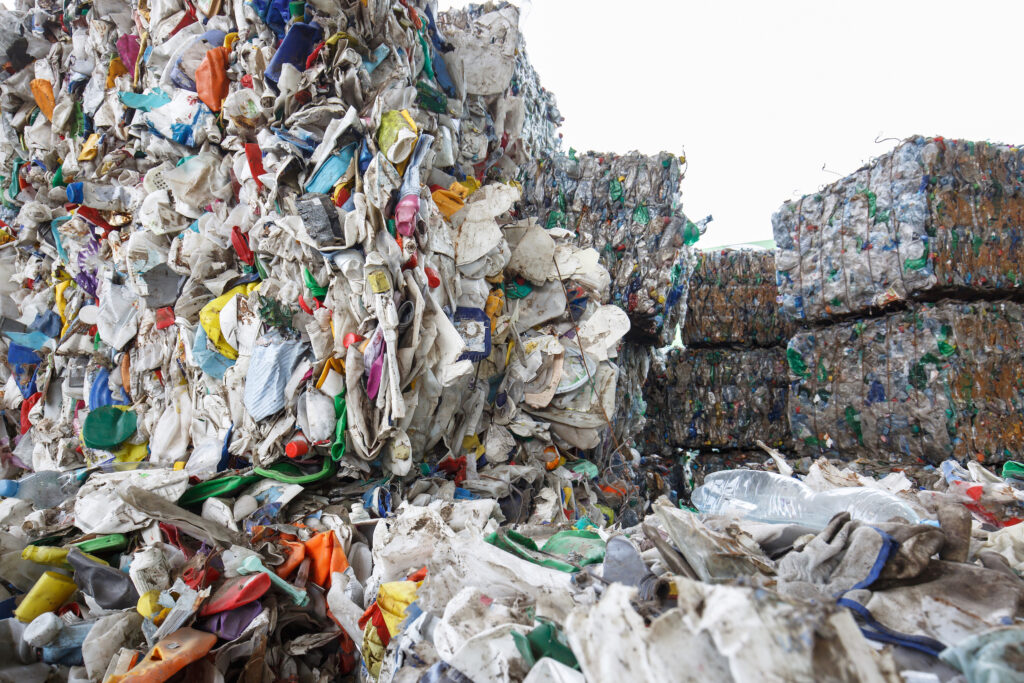The BPF outlined that the UK plastics industry is “bristling with opportunities” to take the UK forward and its submission “sets out the policy requests we would like to work in partnership with politicians on”.
The manifesto outlines eight key policies it would like to see introduced.
In terms of recycling, this includes enabling the expansion and improvement of plastic recycling infrastructure by investing funds raised by the Plastic Packaging Tax.
The BPF also called on government to accept mass balance as a calculation method for the Plastic Packaging Tax (with a fuel exempt allocation method), to permit the scaling up of chemical recycling in the UK.
Political parties have also been urged to accelerate the reform of the waste collection and packaging legislation and maximise its effectiveness.
Elsewhere, the BPF also urged government to “recognise the UK plastics industry as a foundation industry that is strategically important for national and economic security”.
The BPF primarily represents virgin polymer users but is increasingly getting involved in recycling topics with more recycled material used.
Recycling
The government has faced repeated calls to ensure funds raised from the Plastics Packaging Tax is reinvested into recycling.
HMRC has long-stated that taxes are not ringfenced to allow government the “flexibility” it needs, this spreads to all taxes such as road tax.
The BPF in its manifesto said that the tax is intended to increase recycling, but there is still a shortfall of recycling capacity in the UK and concerns about uncontrolled imports of waste.
“Tax funding should be ring-fenced and reinvested into the plastics recycling infrastructure and associated research,” the manifesto said.
Members
Founded in 1933, the British Plastics Federation represents 570 members from across the plastics supply chain.
Its members employ more than 150,000 people and have a joint turnover of more than £28.7bn.









Subscribe for free